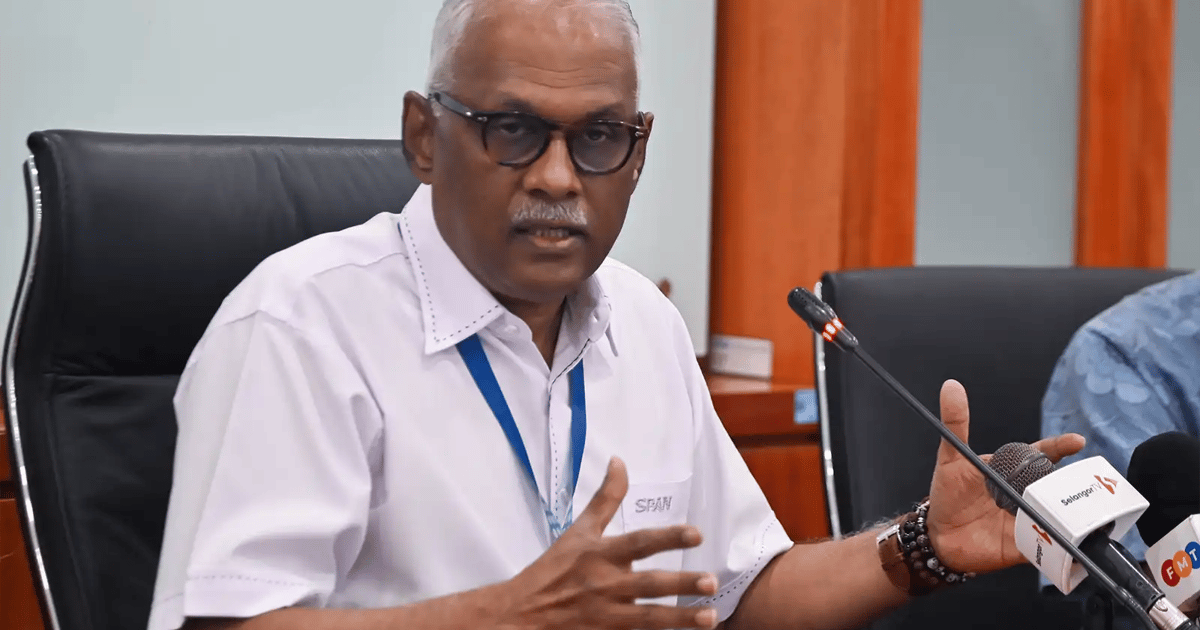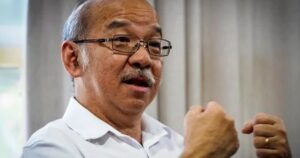
A former MP has called on the government to reveal the location of the nuclear reactors and waste sites it plans to build, saying transparency is essential to earning public trust.
Responding to the government’s plans to introduce nuclear power in the next 10 years, DAP’s Charles Santiago also called for the full cost-benefit analysis, including decommissioning and long-term waste management, to be made public.
“Does it also compare costs with solar for the same investment? The rakyat deserve to see the numbers side by side,” he said in a social media post.
Last night, deputy prime minister Fadillah Yusof said that nuclear power was recognised at the recent Asia-Pacific Economic Cooperation Energy Ministers’ Meeting as a viable option for clean and reliable energy.
Fadillah, who is also the energy, transition and water transformation minister, said this when revealing the government’s plans to introduce nuclear power.
“In terms of safety, many nuclear plants have advanced significantly from the second to the third generation – whether in technology, safety, environmental standards or global acceptance,” he was quoted as saying by the New Straits Times.
Santiago however asked if nuclear power could be considered “clean” energy, saying it leaves behind radioactive waste that must be secured for a millennia.
He cited the Bukit Merah tragedy in the 1980s, in which large amounts of thorium hydroxide were discovered in Papan in 1984. Investigations later revealed that the radioactive waste had originated from a rare earth factory set up in 1979.
Children in the area were found to have high levels of lead in their blood, and clinical tests found that some of them had cancer and auto-immune diseases, he said.
The former Klang MP asked if it was safe to build reactors in view of the recent quakes in Johor.
He also noted the “water-hungry” nature of nuclear power, saying reactors demand vast withdrawals for cooling, then release heated water that harms rivers, fisheries, farms, and households, intensifying water scarcity during dry spells.
“Nuclear has no role in a just transition. It drains billions in public funds, creates radioactive waste for generations, and won’t deliver power for 10 to 15 years. Why not invest those billions in solar clean energy that we can generate today?” he said.






